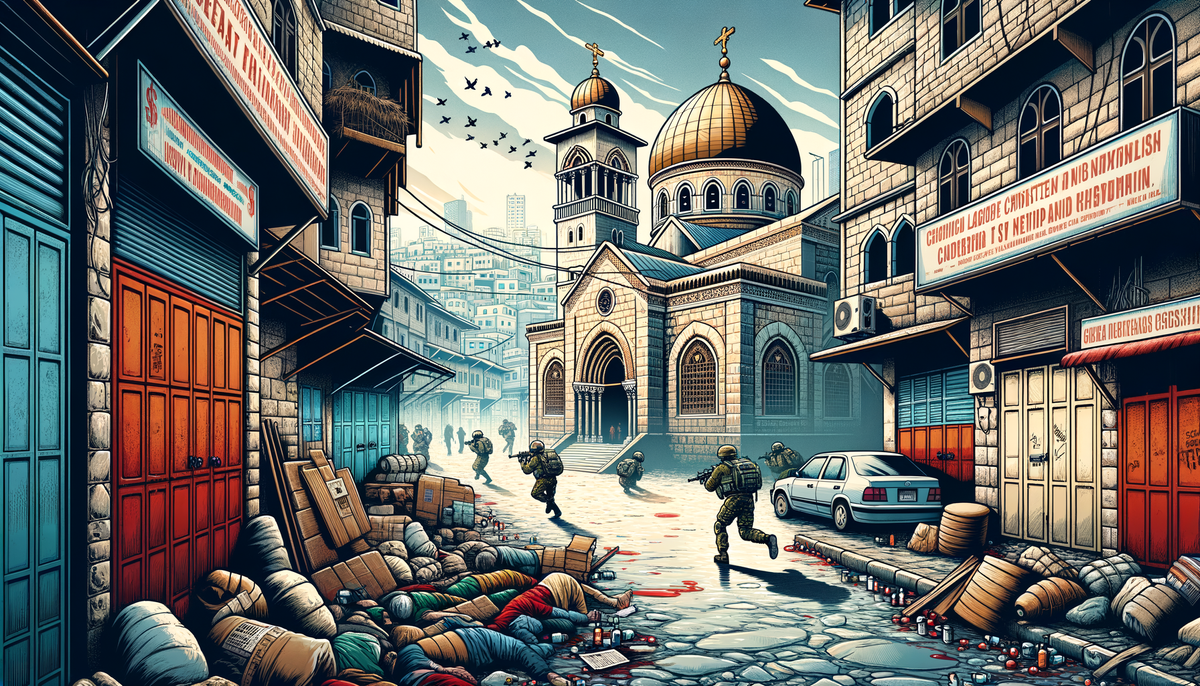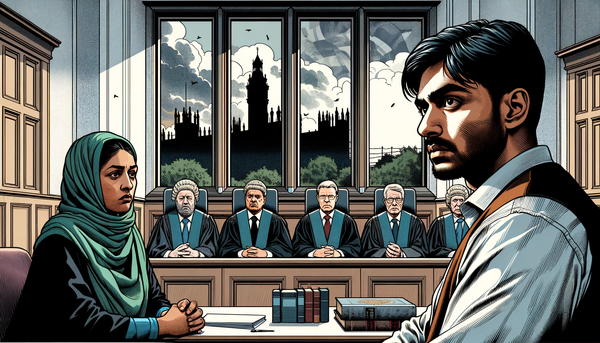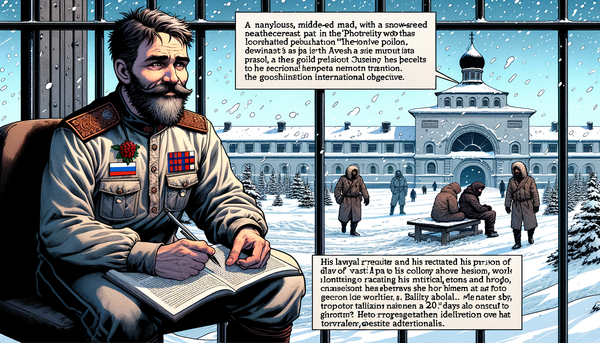Bethlehem's Christmas Shadowed by Conflict and Neglect

The Christmas season in Bethlehem, a city of significant religious importance to Christians as the birthplace of Jesus, was notably subdued this year amidst the backdrop of the ongoing conflict between Israel and Hamas. Rev. Johnnie Moore, a prominent evangelical leader and president of the Congress of Christian Leaders, has blamed Hamas for impeding Christmas festivities in the city. Moore's comments highlight the broader issue of the dwindling Christian population in Bethlehem, which has decreased to about 10,000 among a total population of approximately 75,500.
The violence in the region has had a severe impact on public life and celebrations. Following the Hamas attacks on October 7, which resulted in the deaths of around 1,200 Israelis and over 240 hostages, Israel restricted access to the West Bank, and Palestinian leaders called off public Christmas events in response to the ongoing airstrikes and casualties in Gaza. Bethlehem Mayor Hana Haniyeh voiced the community's distress in an address to the international audience.
The tension was palpable in Bethlehem during the holiday period, with the streets empty and the Church of the Nativity, a UNESCO world heritage site, surrounded by reminders of the conflict. The situation reflects the broader regional unrest and its impact on religious and cultural observances. Meanwhile, in Nigeria, Christians face a different but equally grave challenge with ongoing attacks from jihadist groups like Boko Haram and violence from the Fulani ethnic group. International Christian Concern has highlighted the plight of Nigerian Christians, citing a "20-year genocide" and ranking Nigeria as the top oppressor of Christians in their 2023 report. The adoption of Sharia law in several northern states has exacerbated the situation, with the government facing criticism for its lack of intervention.



